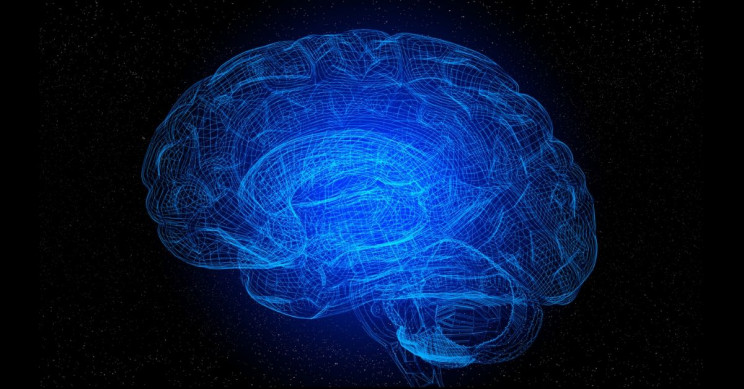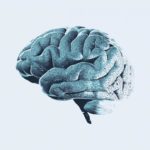Among adults, decreased sleep duration is correlated with affective or cognitive adversities. As a first, a team of researchers at the University of Warwick conducted a large-scale study on children, identifying mental health or cognitive changes based on sleep duration.
According to the study, published in the journal Molecular Psychiatry, affective symptoms, impulsivity, and decreased cognitive function are evident among children with a reduced duration of sleep.
The study probed the effects of sleep duration and brain structure among 11,067 children between 9 to 11 years of age from the Adolescent Brain Cognitive Development (ABCD) dataset. Structural magnetic resonance imaging (MRI) scans were initiated and analyzed by researchers.
“We performed for the first time a large-scale analysis of sleep duration in children, and how this relates to psychiatric problems including depression, to cognition, and to brain structure,” Wei Cheng, and his team of researchers, stated.
“Structural MRI was analyzed in relation to sleep duration, and psychiatric and cognitive measures in 11,067 9–11-year-old children from the Adolescent Brain Cognitive Development Study, using a linear mixed model, mediation analysis, and structural equation methods in a longitudinal analysis.”
Researchers concluded that the exhibition of affective symptoms, like depression and anxiety, in addition to impulsivity and decreased cognitive function, were drastically linked to shorter sleep duration more than one year later, among the participants.
The findings also determined that the participants with more brain volume in the prefrontal cortex, temporal cortex, and medial orbitofrontal cortex, scored significantly better on cognitive tests.
Researchers concluded in the findings: “Public health implications are that psychopathology in the parents should be considered in relation to sleep problems in children. Moreover, we show that brain structure is associated with sleep problems in children, and that this is related to whether or not the child has depressive problems.”


